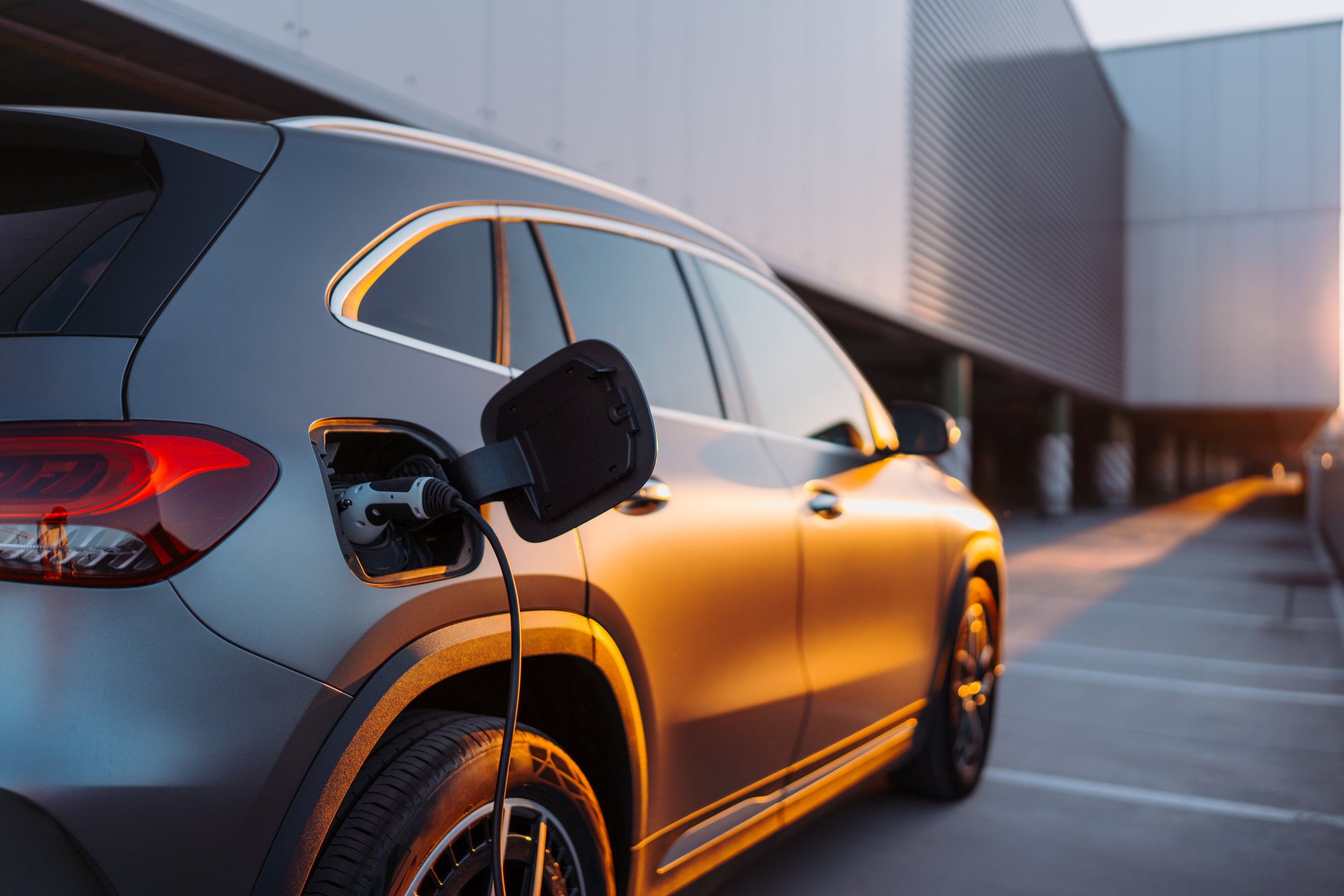GM, Tesla, and Ford: What’s Next for Interoperability?
The Combined Charging System (CCS) is a go-to standard for many electric vehicles in the US. Recently, Ford and GM announced they would adopt the North American Charging Standard (NACS). NACS is an electric vehicle charging standard developed by Tesla and used on all North American market Tesla vehicles since 2012.
As one of the leading platforms for managing electricity as a fuel, EV Connect applauds and supports GM, Tesla, and Ford for collaborating on improving electric vehicle interoperability.
For more than thirteen years, we have worked to build an open and flexible EV charging platform that enables charging networks, station manufacturers, eMobility Service Providers, and electric vehicle manufacturers to create seamless charging experiences for EV drivers and charging station owners.
Since its founding in 2009, EV Connect has been hardware agnostic; we will always be. EV Connect works closely with dozens of hardware vendors, from charging station hardware to connectors, including BTC, Zerova, PowerCharge, EvoCharge, Tritium, and many others. At the time of this writing, EV Connect supports five connector types globally, including Chademo, CCS, CCS2, J1772, and Type 2.
EV Connect remains steadfast in its mission to build a better planet by enabling the distribution of electricity as a transportation fuel. This means ensuring EV drivers can access working chargers across as many networks as possible. With EV Connect, drivers can access over 100,000 charging stations across the USA, covering nearly 90% of publicly available, non-proprietary chargers.
How do we know that interoperability is the right approach? EV Connect has scaled its business as a direct result of a commitment to interoperability and partnerships. And our recent acquisition by Schneider only underscores that. EV Connect is now bringing charging interoperability to the global market faster than ever.
To learn more about what we’re doing to make EV technology more effective and available, contact us today.

